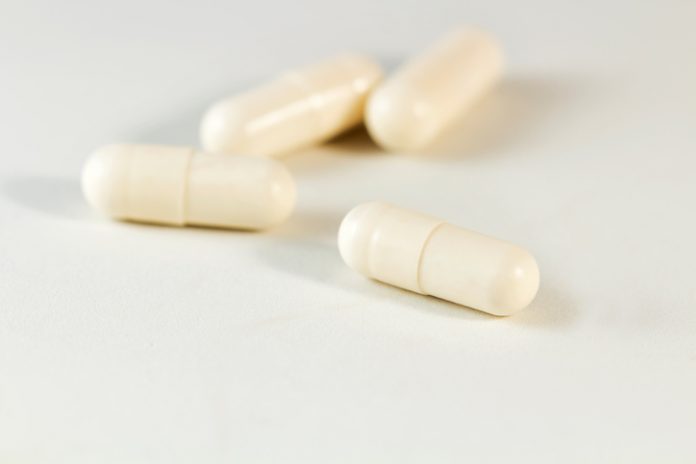According to researchers at the University of Virginia School of Medicine, probiotics could be a potential treatment for depression.
The study looked at the effects of stress on mice, noting a significant loss of Lactobacillus in the process. They found that this decline resulted in the manifestation of depression symptoms, and that feeding the mice foods containing lactobacillus reuteri could return them to normal.
Researchers note that Lactobacillus appears to affect the levels of a blood metabolite called kynurenine, which is known to trigger depression.
Because lactobacilli are commonly found in probiotics, this supplementation could greatly benefit patients with depression.
“The big hope for this kind of research is that we won’t need to bother with complex drugs and side-effects when we can just play with the microbiome,” says lead researcher Alban Gaultier. “It would be magical just to change your diet, to change the bacteria you take, and fix your health—and your mood.”
Further, these results are reflective of a systematic review published in the journal CNS & Neurological Disorders Drug Targets. This document suggests that gut microbiota play a key role in regulating stress response, confirming that probiotics help mitigate anxiety and depressive-like behaviors in animal models.









